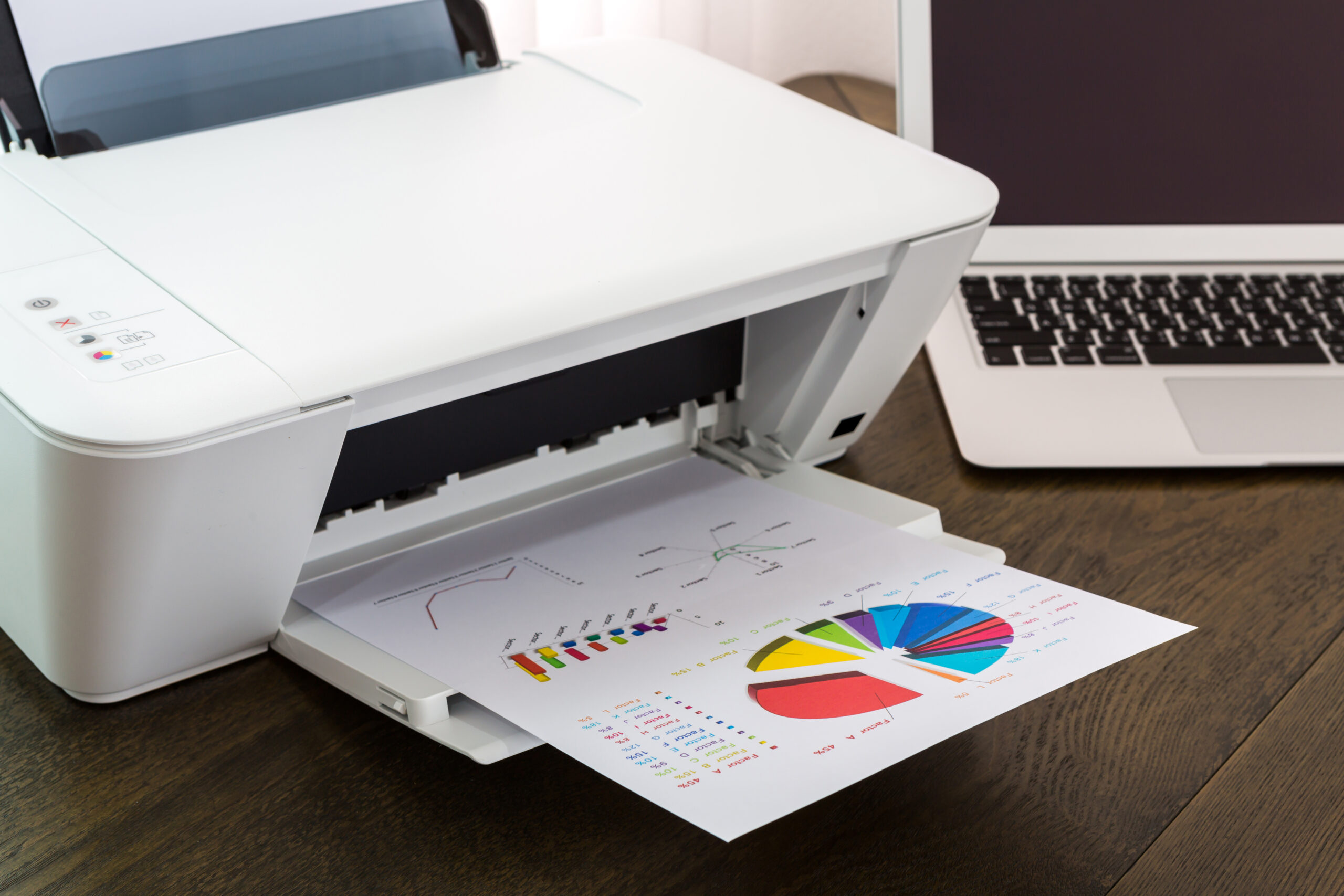So, you’re thinking about getting rid of your old printer? Whether it’s been collecting dust in the corner or no longer meeting your needs, it’s tempting to simply throw it away and move on. But before you head to the nearest dumpster, there are a few important things you should know. Disposing of office equipment like printers comes with environmental, data security, and legal considerations. Let’s walk through some helpful tips to ensure you’re getting rid of your old printer the right way.
Why Proper Disposal Matters
First off, it’s crucial to understand the environmental impact of improper disposal. Printers contain various components, including plastics, metals, and hazardous materials, which can be harmful if they end up in landfills. These materials can leach toxins into the soil and water, posing risks to wildlife and human health. By disposing of your printer responsibly, you’re contributing to a cleaner, healthier planet.
1. Consider Recycling Over Landfills
As mentioned above, your printers, big and small, are full of materials that shouldn’t end up in a landfill. Fortunately, many recycling programs are specifically designed to handle e-waste responsibly. Here are a few options:
- Manufacturer Recycling Programs: Many printer manufacturers offer take-back or recycling programs. These allow you to send your old printer back to them for safe disposal. Contact your manufacturer to find out if they provide these services.
- Local E-Waste Facilities: Check if your city has an electronic waste recycling center. These facilities often accept printers and other office equipment, usually for free or for a small fee. For example, Urban Recycling in Florida offers reliable and environmentally friendly e-waste recycling.They often accept printers and other office equipment for free or for a small fee.
2. Wipe Out Your Data
Most people don’t realize how much information is stored on printers, like recent print jobs, copies, and scans. Modern printers are essentially data storage devices, and if you don’t wipe them clean before disposing of them, you could risk exposing confidential information. Before you part ways with your device, remember to clear all data to protect your privacy. Here’s how:
- Perform a Factory Reset: Most printers have an option in the settings to do a factory reset, which wipes stored information. Check your printer’s user manual or contact the manufacturer for instructions on how to perform this reset.
- Remove Hard Drives: Some printers, especially larger models, are equipped with internal hard drives that store data. If you’re unsure whether your device has one, consult the manual or reach out to the manufacturer for guidance on how to locate, remove, or clear the hard drive.
3. Donate or Sell If It Still Works
If your printer is still functional but no longer meets your needs, don’t toss it just yet. You can give it a second life by donating or selling it:
- Donate to Schools or Nonprofits: Schools, libraries, and local nonprofits often have limited budgets and are in need of working office equipment. By donating your old printer, you can help these organizations while keeping your device out of a landfill.
- Sell on Marketplaces: Websites like eBay, Craigslist, and Facebook Marketplace are great for selling used printers. Even if your printer is older, there’s a chance someone else can use it. As with all online sales, stay safe by meeting in public places and verifying buyer information when necessary.
4. Trade-In Programs
If you’re buying a new printer, many retailers offer trade-in programs where you can exchange your old one for store credit or a discount on your next purchase. This not only helps you save some money but also ensures the proper recycling of your old equipment.
5. Know Your Local Disposal Laws
Some states and countries have specific regulations about disposing of electronic waste. In fact, tossing your printer in the trash might be illegal in certain areas due to environmental protection laws. Be sure to research local e-waste laws to avoid any fines or penalties. Many cities have websites or local government offices where you can find guidelines on e-waste disposal.
6. Explore Managed Print Services
You can handle your old business printers by choosing an option from above, or you can simply partner with a Managed Print Services (MPS) provider to handle everything for you. With MPS, your provider takes care of the entire process—from delivering new equipment to responsibly disposing of your old printer. They’ll also ensure that all sensitive information is securely wiped from the old unit before disposal, so you don’t have to worry about data breaches. Plus, with proactive monitoring, your provider will know when your machines are reaching the end of their lifespan and will initiate the replacement process without you having to lift a finger. To learn more about how MPS can simplify your print management, contact us today. We’re here to streamline your workflow and keep your office running smoothly.



